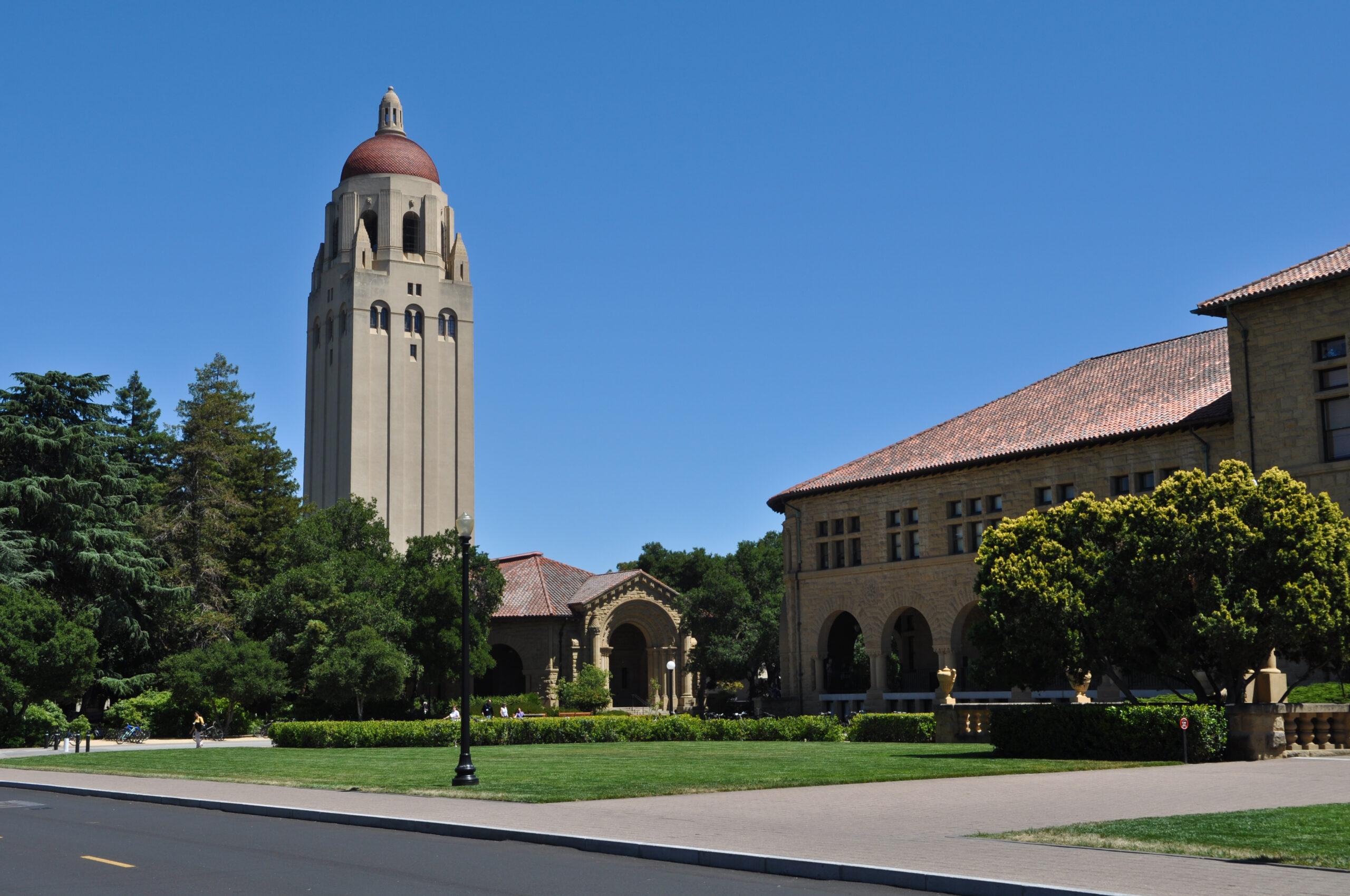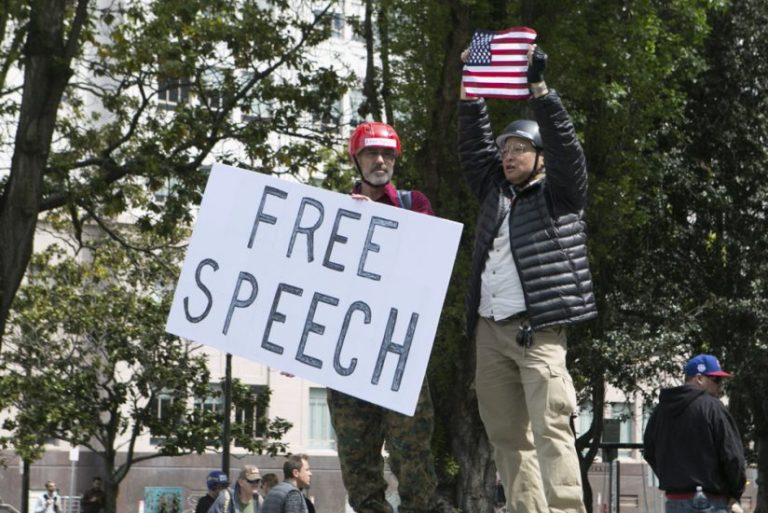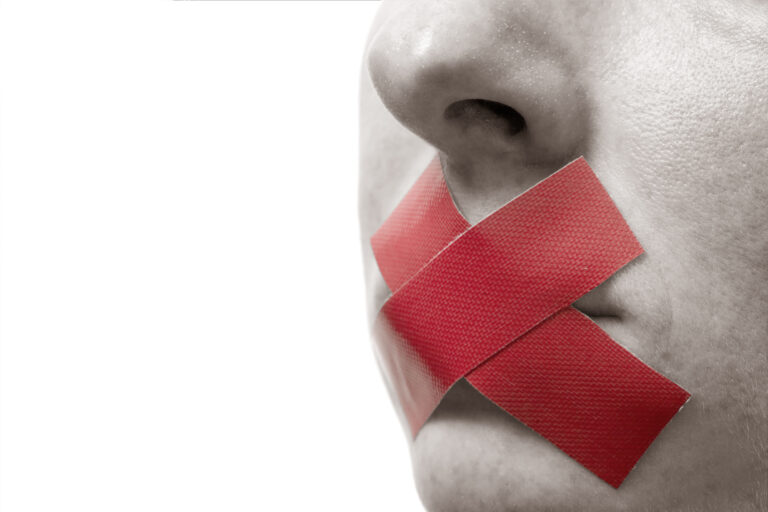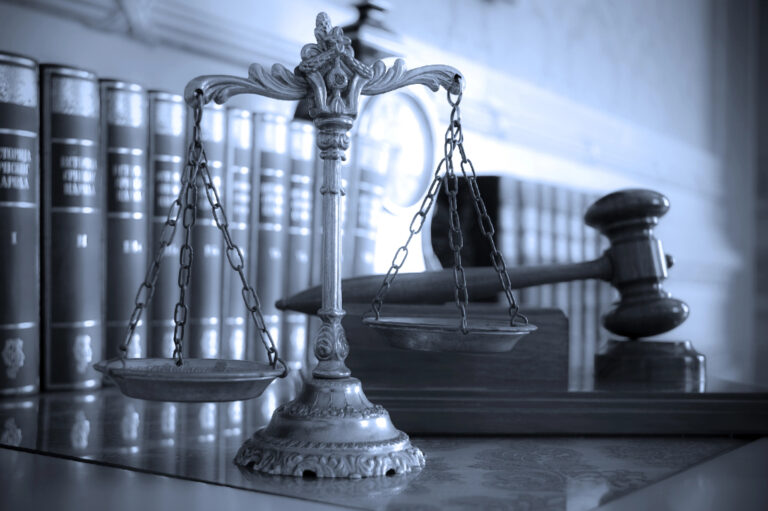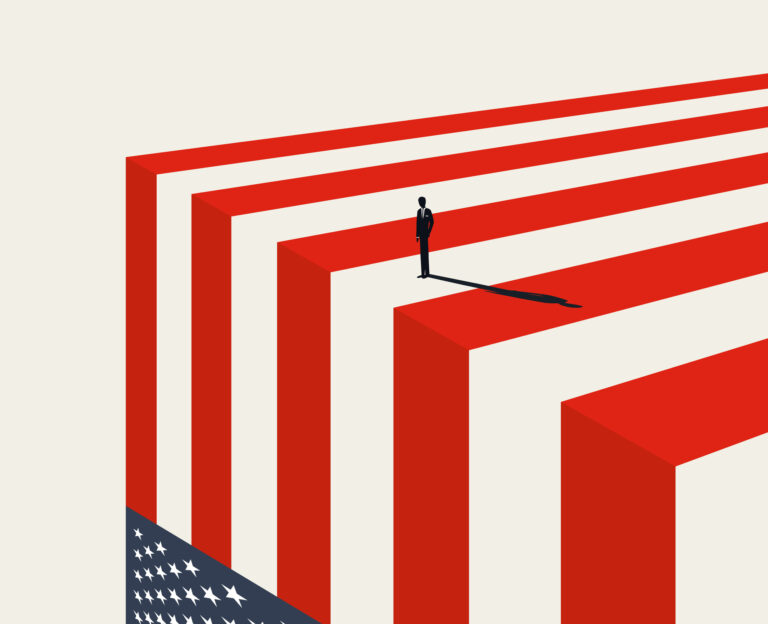Uncivil Discourse at Stanford Law School:
Judge Subjected to Staged Shaming
Written By: Glen Allen, Esq.
Respect for judges, free speech, and the rule of law seems in its death throes today at law schools, especially so-called “elite” law schools. A case in point is the speech Judge Kyle Duncan gave, or rather attempted to give, on March 9, 2023 at Stanford Law School.
Judge Duncan, a Trump appointee who serves on the federal Fifth Circuit Court of Appeals, had been invited by the law school’s Federalist Society to give a speech on the bland topic of the relationship between the Fifth Circuit and the Supreme Court. The judge, however, had aroused the ire of the school’s woke students and faculty by some of his judicial opinions, especially U.S. v. Varner, in which he denied the request of a biological male (who was serving a term for attempted receipt of child pornography) to be called by feminine pronouns.
Judge Duncan described his reception at the law school in an article he wrote for the Wall Street Journal:
When I arrived, the walls were festooned with posters denouncing me for crimes against women, gays, blacks and “trans people.” Plastered everywhere were photos of the students who had invited me and fliers declaring “You should be ASHAMED,” with the last word in large red capital letters and a horror-movie font. . . . . . Some 100 students were massed outside the classroom as I entered, faces painted every color of the rainbow, waving signs and banners, jeering and stamping and howling. As I entered the classroom, one protester screamed: “We hope your daughters get raped!”
Before my talk started, the mob flooded the room. Banners unfurled. Signs brandished: “FED SUCK,” “Trans Lives Matter” (this one upside down), and others that can’t be quoted in a family newspaper.
When the Federalist Society president tried to introduce me, the heckling began. “The Federalist Society (You suck!) is pleased to welcome Judge Kyle Duncan (You’re not welcome here, we hate you!). . . . And so on. As I began, the heckling continued. Try delivering a speech while being jeered at every third word. This was an utter farce, a staged public shaming.
Students Believed Faculty Would Support Them
Given that students, at least theoretically, are subject to discipline by their school’s faculty and administration, why did these hysterical students believe they could get away with yelling down, insulting, and even threatening a federal judge who had been invited on campus? The answer is simple: the students assumed the faculty and administration would not only permit their tantrums but approve them. And in this premise the students were, of course, entirely correct. As Judge Duncan further described the event, the Stanford dean for diversity, equity and inclusion, Tirien Steinbach, was watching the mob behavior from the periphery. Ms. Steinbach had never introduced herself to Judge Duncan. But, as Judge Duncan describes, finally she asked to address everyone:
. . . Students began screaming, and I reluctantly gave way. Whereupon Ms. Steinbach opened a folio, took out a printed sheaf of papers, and delivered a six-minute speech addressing the question: “Is the juice worth the squeeze?”
While the students rhythmically snapped, Ms. Steinbach attempted to explain. My “work,” she said, “has caused harm.” It “feels abhorrent” and “literally denies the humanity of people.” My presence put Ms. Steinbach in a tough spot, she said, because her job “is to create a space of belonging for all people” at Stanford. . . . And she repeated the cryptic question: “Is the juice worth the squeeze?”
I asked again what she meant, and she finally put the question plainly: Was my talk “worth the pain that this causes and the division that this causes?” Again she asserted her belief in free speech before equivocating: “I understand why people feel like the harm is so great that we might need to reconsider those policies, and luckily, they’re in a school where they can learn the advocacy skills to advocate for those changes.” . . . In closing, she said: “I look out and I don’t ask, ‘What’s going on here?’ I look out and I say, ‘I’m glad this is going on here.’ ”
A Leftward Skewed Imbalance Persists
The students’ school sanctioned tantrum was in fact a manifestation of a leftward-skewed ideological imbalance in law school faculty that has been brewing its pernicious effects for many decades. A study in 1980 found that 74% of law faculty were drawn from a small number of elite and very liberal law schools, causing one American Bar Association reviewer to comment caustically that “[w]ere we biologists studying inbreeding, we might predict that successive generations of imbeciles would be produced by such a system.” The inbreeding and ideological imbalance have not improved in subsequent decades. Surveys in 1998, 2005, 2013, and 2022 confirmed that over 80% of law professors at the most highly rated and influential law schools self identified as “liberal” (including over 20% as “very liberal”) and only 7% as “conservative.” “Harvard Law School has over 100 people on the faculty and I would be surprised if there are more than two people on the faculty who voted for Donald Trump,” Michael Klarman, a professor at Harvard Law School, recently told Scholastic (a Notre Dame student magazine), “and I would be surprised if there are more than five to 10 who consider themselves Republicans.”
As law faculties’ leftist bent has become more and more entrenched, its proponents – as so often happens in a one-party system – have become more hypocritical, intolerant of dissent, and out of touch with large segments of the population they purport to serve. Law schools purport to be advocates for diversity – gender and racial, for example. With respect to ideological diversity, however, little is permitted. The barbarous treatment of Judge Duncan at Stanford Law School is an example of this. Regrettably, there were many similar instances before this incident and more will come in the future.
Would Justice Holmes Be Allowed to Speak?
In 1919, Justice Oliver Wendell Holmes penned his famous dissent in Abrams v. United States. In that dissent, Justice Holmes articulated what dozens of later Supreme Court cases have adopted as the essence of First Amendment freedom of speech: “free trade in ideas.” But Holmes, a Civil War veteran, had many conservative views. So here’s a question: If Justice Holmes, one of the greatest jurists America has produced and the avatar of the First Amendment, could be brought back to life and was invited to speak at Stanford Law School, would that super-woke institution allow him to speak?
I doubt it. I gravely doubt it.

